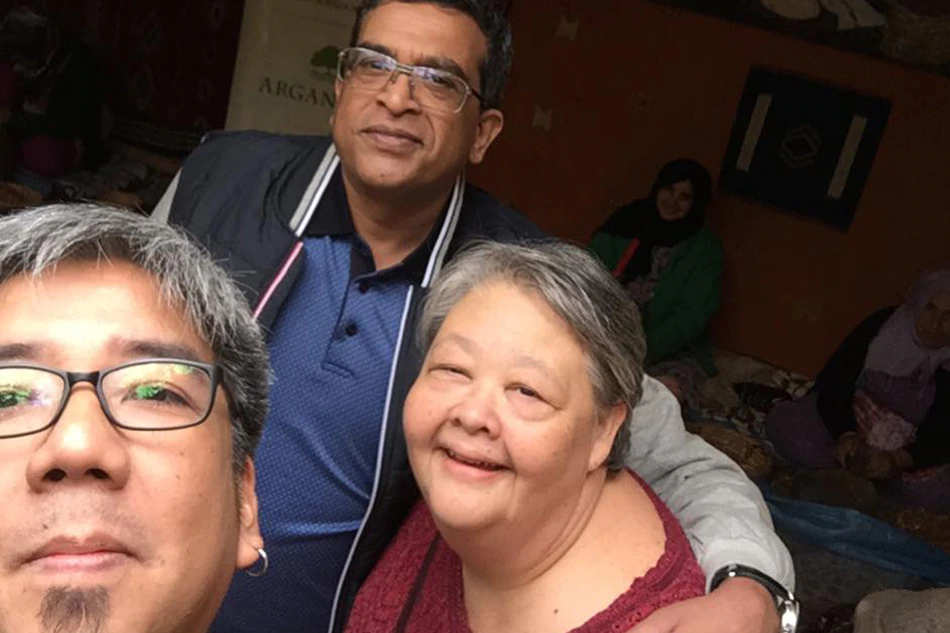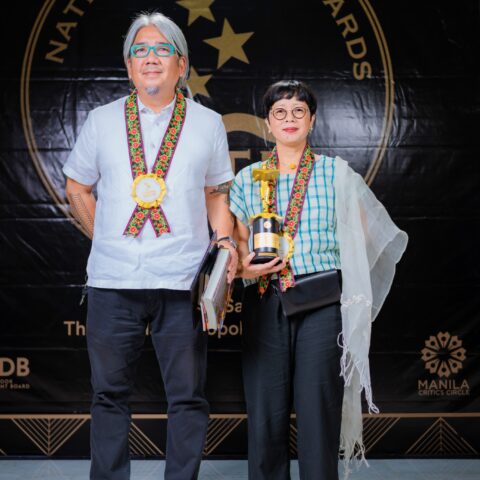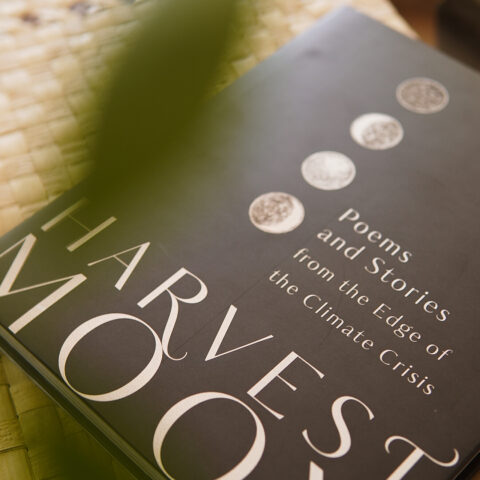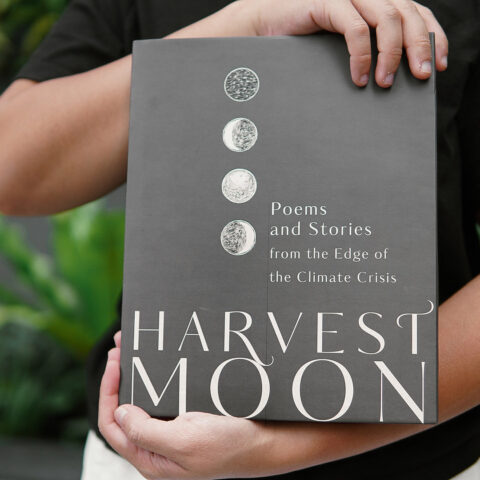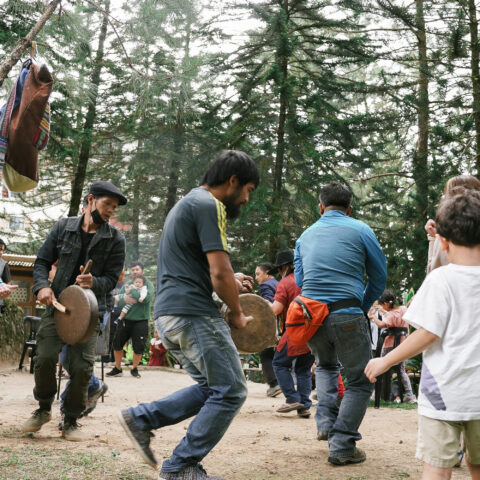By Renato Redentor Constantino
Sandra Smithey passed away last week. From the US to Brazil, from Tanzania to China, India, Sri Lanka, Indonesia, the Philippines, and Kyrgyzstan, and more—Sandra was embraced by so many around the world. She was considered a mentor and source of inspiration by countless advocates and activists. She was a comrade, colleague, adviser, friend, and sister. I loved her deeply and find it difficult to imagine a world without her.
Sandra Smithey supported some of the most complicated, tough campaigns for social change, many of which continue to be led by dear friends working together to help usher in a kinder, enduring future for communities. Yet when I think of Sandra and the work of my friends, it is not complexity that comes to mind but simple joys.
When I think of Athena and Sandra, I think of hairstyling salons, mani-pedi sessions, and tamarind margaritas. When I think of Sandra with Sam and Traci, I think of pisco and Tres Jinetes. It is the same with Sze Ping and Srini and Sandra’s support of their work on energy access and accelerating the energy transition: I think of flying snowballs, recipes, and uninterrupted, asthma-inducing laughter.
Alain de Botton reminded us in his book, Essays on Love, why “Most of our childhood is stored not in photos, but in certain biscuits, lights of day, smells, textures of carpet.” The thought is a blessing. Our memories of exultation as adults reside in similar stowage, nearer the heart where they flutter during instances of discovery and delight, and from where they also falter in moments of mourning.
I hear clapping hands when I think of Sandra this moment. We danced in San Pablo, Laguna in 2009 after four days of tenuous debate ended in jubilant agreement. We leapt to the center of a wide circle, laughing together and stomping into existence a celebratory bhangra that would be joined by 40 people from 15 countries taking turns whirling and shouting.
There was a lot of comic periods. I once spoke to a gathering of elders in Flint, Michigan in 2014. It was an annual meeting of the Mott Foundation and Sandra had arranged for me to speak and encourage the philanthropy’s board to support energy access initiatives in African, Asian, and Latin American communities.
I did not know much about the men I was to address then, only that they were conservative and that I was expected to speak with clarity and a sense of strategy and purpose. I remember feeling okay that morning, wearing a white shirt with black coat and trousers, and I recall the way Sandra looked me up and down as we entered the big room and the way she rolled her eyes. She whispered to me she hoped things would balance out. And they did, but not before I ran into a wall of anxiety. Despite her countless reminders, I had forgotten to wear the required tie. It helped that Sandra smiled and nodded at my bouncy red chukkas; she knew I considered the pair my lucky shoes.
I still think of that day in Flint when I see my red boots, and the Detroit that Sandra introduced to me—the scent of Slows Bar·B·Q, the jaw-dropping Diego Rivera mural, the magic of Valentine Woodward Bourbon, and my first taste of Bell’s Two Hearted Ale in the din of Fenton Fire Hall, a taproom that was once the city fire station.
As an officer of the Charles Stewart Mott Foundation, Sandra stood out in the world of philanthropy. She was a listener and was thus often wisest among the wise. She was always fully engaged and she pursued a granular understanding of the work of her partners. Yet Sandra always maintained the requisite distance to allow groups she supported to test out and bring to fruition their ideas and strategies. Sandra was stern whenever she encountered instances of campaign laziness or gullibility. And where others preferred the bling of shallow do-gooding and simplistic campaigns chasing emissions reduction gigatons, she would insist on supporting local groups instead, the ones directly dealing with the complexities of autocracy, maldevelopment, and the depredations of multilateral development institutions.
Sandra was generous with her time and intellect, which she shared with passion and patience to allow fledgling initiatives to flourish years or decades later.
Where others saw mostly oddballs, Sandra saw people whose grit and unorthodox approaches only needed support. She believed in misfits, nonconformists angry at the injustices and debaucheries instigated by Washington DC officials conniving with equally heartless local elites. Over decades she brought together a tremendously large and diverse body of activists and analysts from around the world, enabling each one through her abiding faith in their respective capacities and the vision her grantees shared with her, that of a better, gentler world.
To speak of Sandra in the past tense feels gutting. She was my dear friend. Her death is an utterly shattering loss.

